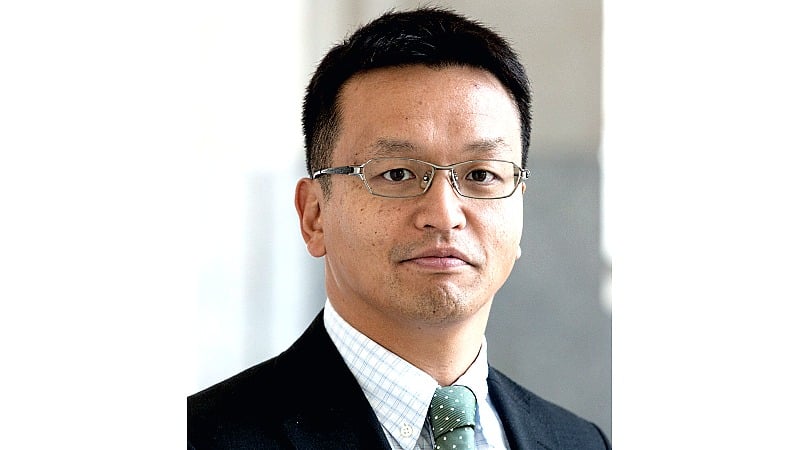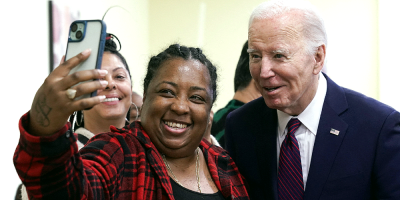
On August 16, the United States and South Korea began their annual joint military exercises to prepare for an emergency situation on the Korean Peninsula. In response, North Korea lashed out in a series of statements by key figures and once again cut off the communications line with South Korea that had been restored on July 27.
On August 1, Kim Yo-jong, sister of President of the State Affairs of North Korea Kim Jong-un, issued a statement warning that North Korea would keep a close eye on whether South Korea goes ahead with joint military exercises or “make a big decision.”
This greatly unnerved President Moon Jae-in, who has a mere nine months left in his term of office in which to achieve his desire of bequeathing a legacy of “dialog” with North Korea. However, Moon Jae-in ignored North Korea’s warning, preferring to focus instead on South Korea’s alliance with the United States.
On August 10, Kim Yo-jong once again issued a statement calling for a complete halt to exercises, regardless of their form or scale.
She vented her dissatisfaction in no uncertain terms with the Moon administration’s intention to reduce the scale of the exercise to computer-simulated command post training rather than outdoor drills or maneuvers, asserting that North Korea would counter any such action by “boosting its powerful preemptive strike capabilities.”
The following day, the United Front Department director Kim Yong-chol issued a statement saying that since South Korea had defied the opportunity for improved inter-Korean relations by choosing to engage in “hostile acts,” North Korea “must demonstrate a clearer resolve to provide a corresponding response,” expressing the hardline stance that North Korea has no choice but to “do whatever we have to do without letting up.” All these statements lack substance.
Both Kim Yo-jong and Kim Yong-chol attended the opening and closing ceremonies of the 2018 PyeongChang Olympics and were in attendance at the North-South summit. The most influential figures for the Moon administration are being wheeled out to act as the mouthpiece for Kim Jong-un.
It is my assessment that both the tone of this condemnation and the format in which it has been issued are much weaker than that issued around the time of the demolition of the inter-Korean liaison office building in June last year. Unlike at the time of that incident, there has been no movement to launch a nationwide campaign in support of the Kim Yo-jong statement.
Furthermore, while the demolition of the liaison office was preceded by explicit advance notice, the lack of such advance notice this time means that the future is uncertain as to whether North Korea’s response will be limited to verbal condemnation or whether Pyongyang will resort to strong physical force such as submarine-launched ballistic missile (SLBM) launch tests.
It must be borne in mind that although an order by Kim Jong-un has been in place to “strengthen the national defense” since the beginning of the year, it would appear that Pyongyang cannot afford to invest effort into its relations with South Korea and the United States.
This is because the economic deprivation that has resulted from sanctions has been further exacerbated by the border blockade as part of COVID-19 measures and the prolonged effects of flood damage. U.S. and South Korean policy will not change simply because of North Korea’s forceful provocations.
North Korea has been insisting on the cancellation of the U.S.-South Korea joint military exercises ever since the Kim Il-sung era.
North Korea’s vehement opposition to the joint military exercises in August occurred in the context of a renewed deterioration of bilateral relations between the U.S. and the DPRK following a third face-to-face meeting at Panmunjom in June 2019, despite an agreement to hold working-level talks.
In August 2019, Chairman Kim Jong-un sent a personal letter to President Trump pointing out that North Korean troops were the main target of the exercises, saying “I am clearly offended and I do not want to hide this feeling from you. I am really, very offended.”
In that letter, he expressed at length his frank dissatisfaction with Trump’s failure to do anything for North Korea, referring to Trump’s boasting of North Korea’s halt of nuclear and missile tests as an achievement following the U.S.-North Korea summit in Singapore.
North Korea is similarly displeased with Moon Jae-in. Three years ago, inter-Korean summits were held on three occasions and numerous agreements were reached in the fields of security and economic cooperation.
Frustratingly for North Korea, however, South Korea’s sole concern was with the mood of the U.S. and failed to deliver on any of its promises.
The South Korean presidential elections are due to be held in seven months’ time, and North Korea still hopes for a progressive government that will continue the policies of Moon Jae-in.
It is therefore too early to part ways with the Moon administration for good, and the bargaining is expected to continue.
(Atsuhito Isozaki is Professor at Keio University, Japan.)
ADVERTISEMENT
ADVERTISEMENT








































